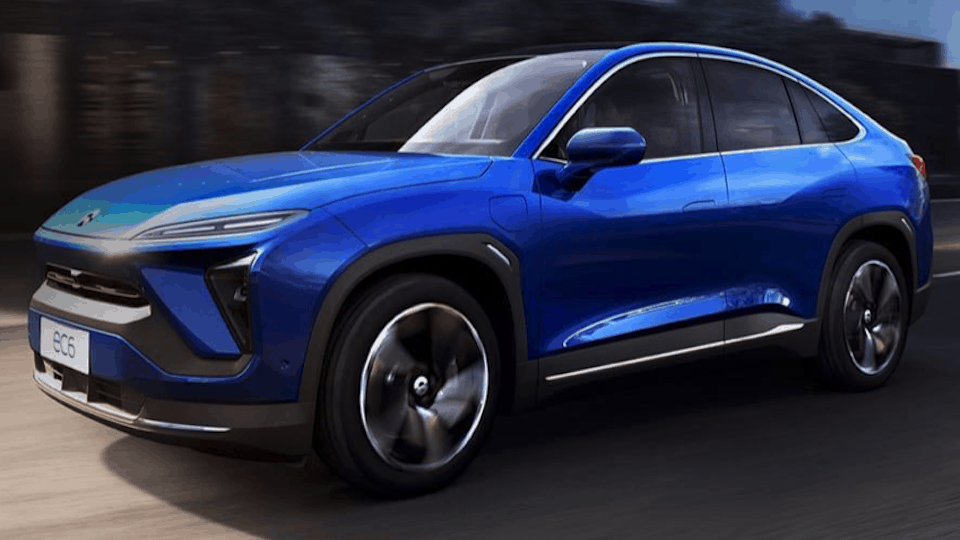NIO (NYSE: NIO) had an incredible 2020, with the share price rising nearly 1,200% last year. However, the beginning of 2021 saw a decline in the share price, leading me to buy NIO shares earlier this year for a fraction of the $67 all-time high reached in January 2021. Having fallen over 25% in the last six months, is now a good time for me to buy more NIO shares? Let’s take a look.
Why is NIO falling?
First, I need to look at why the NIO share price has taken a hit this year. One reason is due to the tech sell-off. As explained here by my fellow Fool Dylan Hood, the sell-off may be one reason why the NIO share price is down over 13% year-to-date. Another major reason is the global semiconductor shortage as a result of the pandemic, which is directly impacting NIO’s production capability.
The positives
Despite its volatile start to 2021, I have always regarded NIO as a long-term investment for my portfolio. It has improving financial results, and the latest set from Q1 of this year was not an anomaly. Revenues rose 482% from Q1 2020 and increased 20% from Q4 of last year. Deliveries were up nearly 16% from last quarter and a massive 422% year-on-year. The semiconductor issue mentioned above has halted production at times this year, yet the fact that deliveries have still increased quarter-on-quarter shows the firm’s strength – a reason why I deem NIO shares a must-have for my portfolio.
Currently trading at around $45, that’s over 30% lower than the peak back in January, showing the potential NIO shares offer to investors.
NIO shares risk
A risk, however, is that the current price is very high. When I look at established companies such as Ford, which has expanded into the electric vehicle (EV) industry but is trading below $15, I question whether NIO is overpriced and therefore set to fall further.
I think another risk for it in the future is competition. Alongside obvious competitors such as Tesla, recent times have seen more businesses venture into the EV sector. Ford recently stated its ambition to be all-electric in Europe by 2030, whilst the likes of Porsche and Daimler (the owner of Mercedes-Benz) have recently introduced the Taycan and EQ range, respectively. These companies delving into the EV industry could negatively impact NIO shares.
My verdict
NIO’s growth indicates that this stock has the potential to be a great long-term investment. The $67 share price further shows the potential it has to rise – meaning the dip NIO shares have experienced could make now a great time to buy. Yet issues remain. The semiconductor shortage is expected to continue into 2022 – potentially posing further issues for the firm in the future. To add to this, the EV market is seeing more and more businesses looking to capitalise on growing demand. However, strong Q1 results along with the large Chinese market NIO has at its disposal fill me with optimism for the long-term future of the share price, and as such, I would buy.








